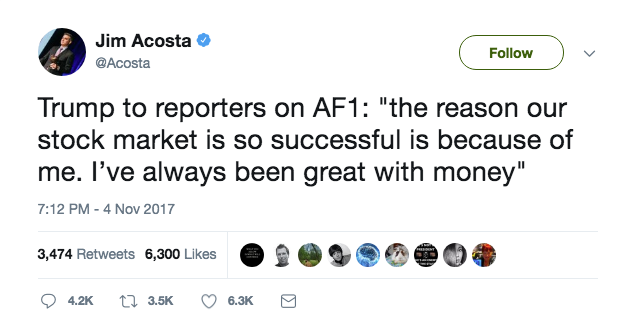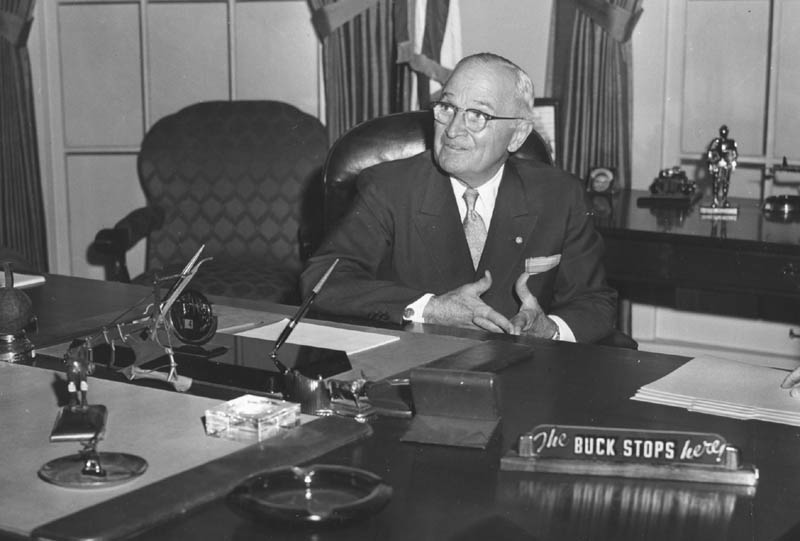November 18, 2010 by lonbud
Bipartisan Brilliance – Everybody’s a Winner!

Couple a young guys in congress, one a Democrat from Oregon, the other a Republican from Massachusetts (say, whaa??) have introduced a bill in the Senate that should help prove — once and for all — who walks the walk and who just talks the smack in Washington.
The “Empowering States to Innovate Act” would allow states to develop their own health-care reform proposals, preempting federal legislation set to take effect in 2014.
The federal plan, highlighted among a long list of the Obama administration’s accomplishments in its first two years, has been simultaneously derided as a socialist plot by those on the right and as a Big Insurance – Big Medicine giveaway by some on the left.
It’s also become the focus of a rallying cry among the newly-elected Republican majority in the House of Representatives, who have pledged to “repeal and replace” the Patient Protection and Affordable Care Act, though those in-the-know understand they have neither the intention nor the votes necessary to do much more than screw up even further a badly flawed piece of legislation.
The bill proposed by Sens. Ron Wyden (D-Ore.) and Scott Brown (R-Mass.) on the other hand, appears to be an ingenious vehicle that should please anyone truly interested in health care reform — and it’s the one thing everyone seems to be for, like Clean Air and Clean Water — because it allows the Marketplace of Ideas to operate freely in generating the ultimate solution to the problem.
As Ezra Klein wrote in a great piece describing the proposal,
In general, giving the states a freer hand is an approach associated with conservatives. On Wednesday, Sen. Orrin Hatch (R-Utah) sent a letter to the Republican Governors Association advocating exactly that. “The most effective path to sustainable health care reform runs through the states, not Washington,†he wrote. If it’s really the case that the states can do health reform better, Wyden and Brown are giving them a chance to prove it.
One state that wants to prove it is Sanders’s Vermont. “As a single-payer advocate,†he says, “I believe that at the end of the day, if a state goes forward and passes an effective single-payer program, it will demonstrate that you can provide quality health care to every man, woman and child in a more cost effective way. So I wanted to make sure that states have that option.†Vermont’s governor-elect, Peter Shumlin, is on the same page. “Vermont needs a single-payer system,†he said during the campaign.
Single-payer, of course, is even more objectionable to conservatives than the existing health-care law. But that’s the beauty of this option: It allows the liberal states to go their way, the conservative states to go their way, and then lets the country judge the results. If Vermont’s single-payer system provides universal care at a low, low cost, then maybe that nudges California — which is facing massive budget deficits — off the fence. After all, if the state spends less than the government sends it, it gets to keep the remainder. It’s a nice incentive for cost control. And if it works, how long will more conservative states wait before they decide to take part in the savings, too?
Keep a close watch on the fate of this bill folks — it’s the scorecard by which you’ll be able to tell your players in the upcoming session of congress.



Leave a Reply
You must be logged in to post a comment.